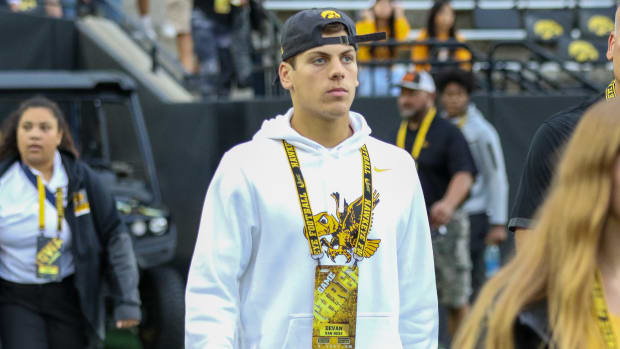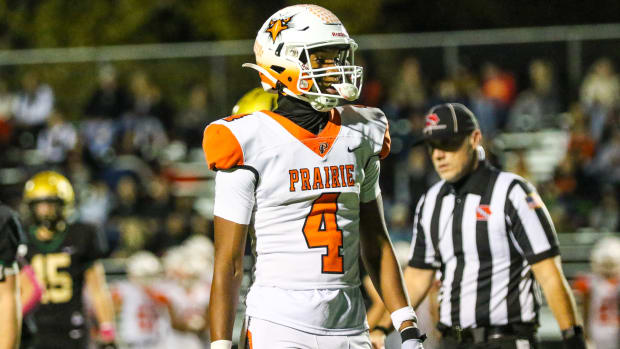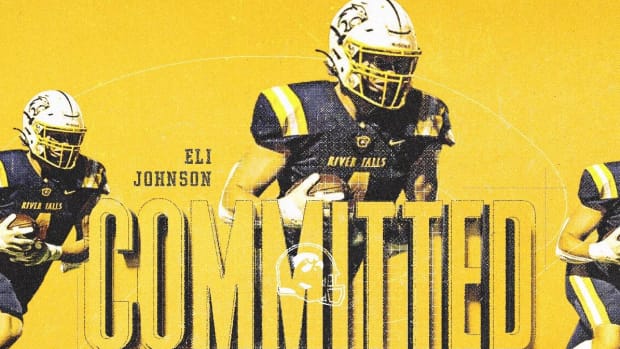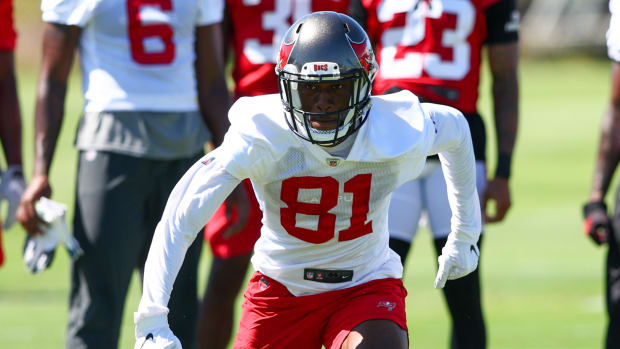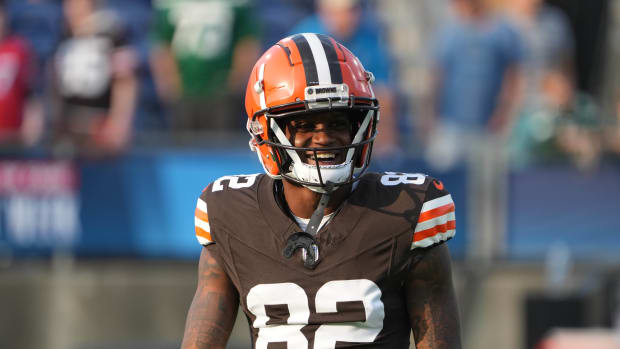Iowa's Football Facility Reopens, With Different Rules
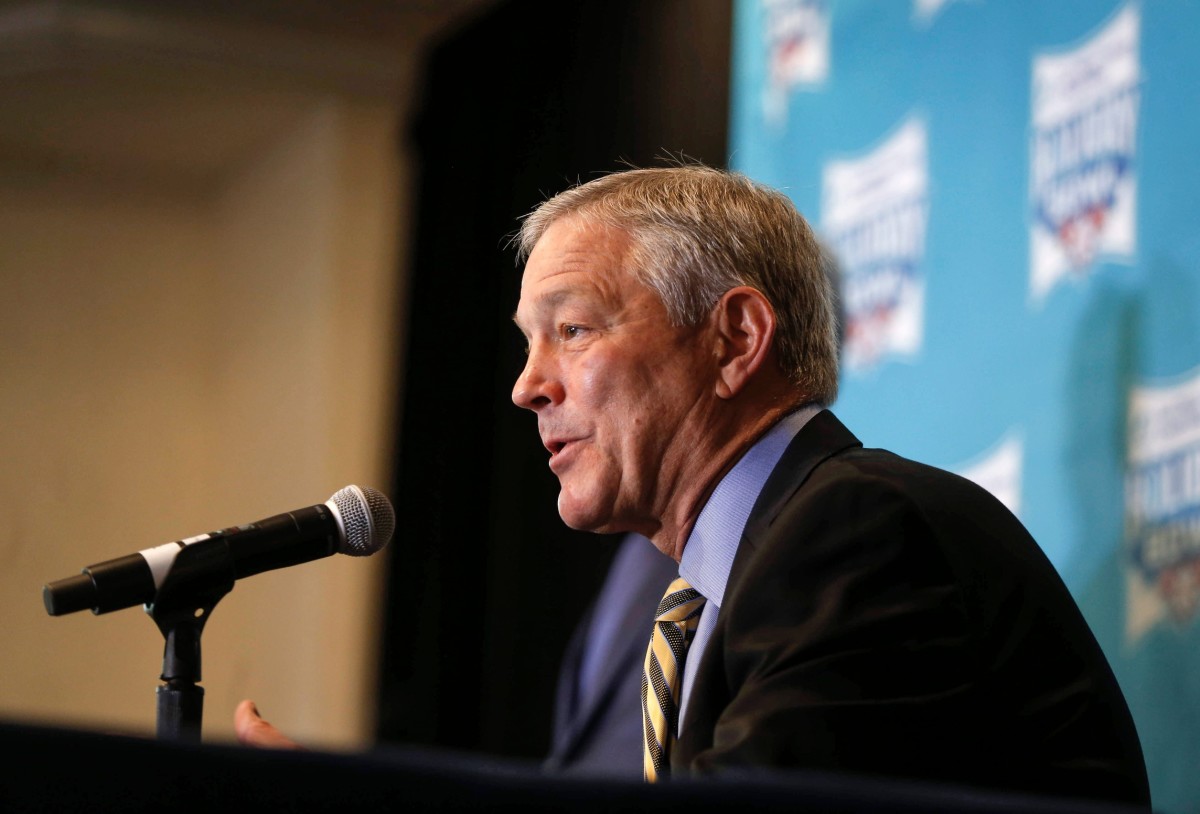
The test for the COVID-19 coronavirus didn't quite measure up to the concerns of Kirk Ferentz.
"Full disclosure, the tests are not as bad as I let it become in my mind," the Iowa football coach said on Wednesday. "I wasted some energy and sleep on that one. It’s not that bad."
It's all part of the reopening process for the Hawkeyes, who haven't been in their football facility since mid-March when the coronavirus pandemic closed the campus.
Ferentz and some of his staff were able to return on Monday, but not before they were tested for the coronavirus. It's something all staff members and players will have to do when they return.
Returning players can begin voluntary workouts on June 8 — they will be tested beginning Friday. Incoming players will be back June 15.
To get into the facility, everyone's temperature is taken and a medical survey is filled out. Anyone inside will have to wear a mask, as well as a wristband saying they are cleared to be in the facility. And if anyone leaves the building for any reason, they'll have to go through the same procedure when they return.
"We’re trying to encourage people (to) take care of things while you’re here," Ferentz said. "Get their business done."
"It’s going to like a lot of things. It’s not going to be perfect. It’s not going to be like last summer, or the summer before that, in terms of access, freedom to come and go, those type of things."
Ferentz, doing a video conference with media members, was speaking on the same day when it was announced that three Oklahoma State players tested positive for COVID-19. Four athletes at Iowa State are quarantining and waiting the results of tests.
"We are trying to play a football season," Ferentz said. "We all want to get to the fall. We all want to be together as a team. So this is one more thing that could cause some setbacks and issues for us, so we have to try to do what we can. All that being said, we can’t live in closets either. We just have to be smart, and do what we can."
Ferentz said given the size of Iowa's indoor facilities, and with three practice fields, social distancing shouldn't be an issue. All of the indoor areas will be regularly cleaned.
That doesn't alleviate the concerns of what could happen when the players aren't in the facility.
"The one thing we can do a really good job of is controlling the controllables," Ferentz said. "When they’re in our facility, at least we know there will be good hygiene practiced. There’s going to be a thorough cleaning. We can kind of instruct them on distancing, those types of things. So you really minimize the risk a little bit, at least you have the opportunity to do that. It’s those others 22 hours a day, 21 hours a day, that I’m concerned about. But that’s true all year around."
"I think all of us are a lot more aware of different things."
Ferentz said the voluntary workouts in June will give an idea on what needs to be done beginning in early July when preparations for the new football season begins.
"A lot of science has shown that at least we're making progress now," Ferentz said. "I really think the key thing, from my vantage point, is what can we do, each of us individually, to help make sure we're not having any major setbacks and incurring any big roadblocks.
"All that being said, everyone will admit, nobody knows for sure what is going to happen. The window looks a little better right now. Hopefully we'll be able to get back to doing some football stuff in late July, that's kind of the plan right now from the NCAA's standpoint, and then we'll just take it day by day, week by week, before we even think about the season."

